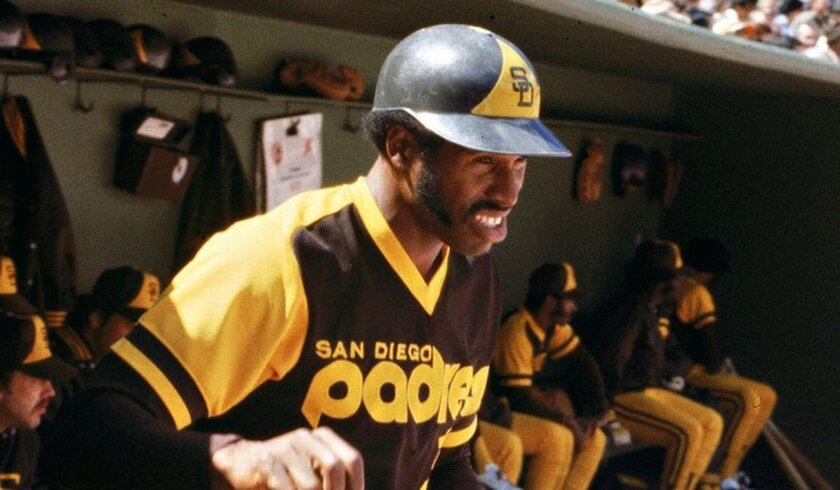I've been doing a deep dive into the politics of the late-80s and early 90s, a time I feel to be a secret turning point in American history. I just read Nicole Hemmer's excellent Partisans, on conservative politics in the 90s, and am currently digging into Political Fictions, a collection of political essays by Joan Didion written from the late 80s to 2000. Both books have been driving me further to the conclusion that the seeds of the current political scene in America were laid during that period of time.
The presidential elections in that period seem pretty alien compared to today. Distance between the major parties shrank as Democrats adopted neoliberal policies and Republican nominees shied away from the blood and soil nationalism craved by their base. As Didion pointed out in her classic essay "Inside Baseball," politics was something increasingly practiced by a narrow "in group." Back in the 90s many people (including myself) described themselves as "politics junkies," implying that politics was something most normal people paid little mind. Participation in elections was incredibly low, a further reflection of this dynamic.
In that same essay, Didion described how the 1988 presidential campaigns all boiled down to "the process." Candidates would hold events with the only express purpose being getting a soundbite on the evening news. The people there, as Didion reports, did not seem so interested, but that never made it into print. She found that the media was mostly reporting to people already inside of the "process" bubble. The candidates jumped to the middle and spent all of their time an effort trying to win the same narrow band of middle-class suburban moderates. (Remember "soccer moms," anyone?) According to Didion, the lack of participation by the masses had less to do with apathy and more to do with antipathy. A lot of people just did not think "the process" had anything to do with them. Ross Perot's campaign in 1992 and Pat Buchanan's "Culture War" speech pointed to a desire to break beyond "the process," a feeling Hemmer claims Newt Gingrich exploited to his advantage.
That's the political world where I came of age. While I was a "politics junky" I did not feel invested in the system, and tended to view Democrats as Republican Lite. I voted for a fringe third party candidate in my first election in 1996 because Nader wasn't on the ballot in Nebraska, and I voted for him again in 2000 while living in Illinois. I really disliked the Republican Party, but I desperately wanted Democrats to move to the left. My vote did not seem like one they were particularly interested in. (The 2000 election converted me into the "Democrats are the best option out of bad options" crowd.)
While there is still a lot of inside baseball in politics, we are potentially living in a post-process world where both parties now aim to win over their respective bases first and have dropped their old taboos. Republicans have embraced blood and soil nationalism and an anti-democracy stance now that Cold War commitments no longer force spoliticians to pay lip service to higher ideals. Democrats have dropped their adherence to neoliberalism and have once again embraced the welfare state. Even Republicans like Trump have moved away from austerity. It's hardly a surprise that participation in elections has shot up in the last few years.
Obviously, this has been accompanied by a great deal of volatility and the emergence of a wannabe despot in the form of Trump. While the end of "the process" has enabled the growth of blood and soil nationalism, it also has the potential to create a new political landscape where participation is not just limited to insiders. At least that's what I'm hoping for. I certainly think the landscape we used to have is not worth mourning, and that out of its ashes a real democracy can rise.








